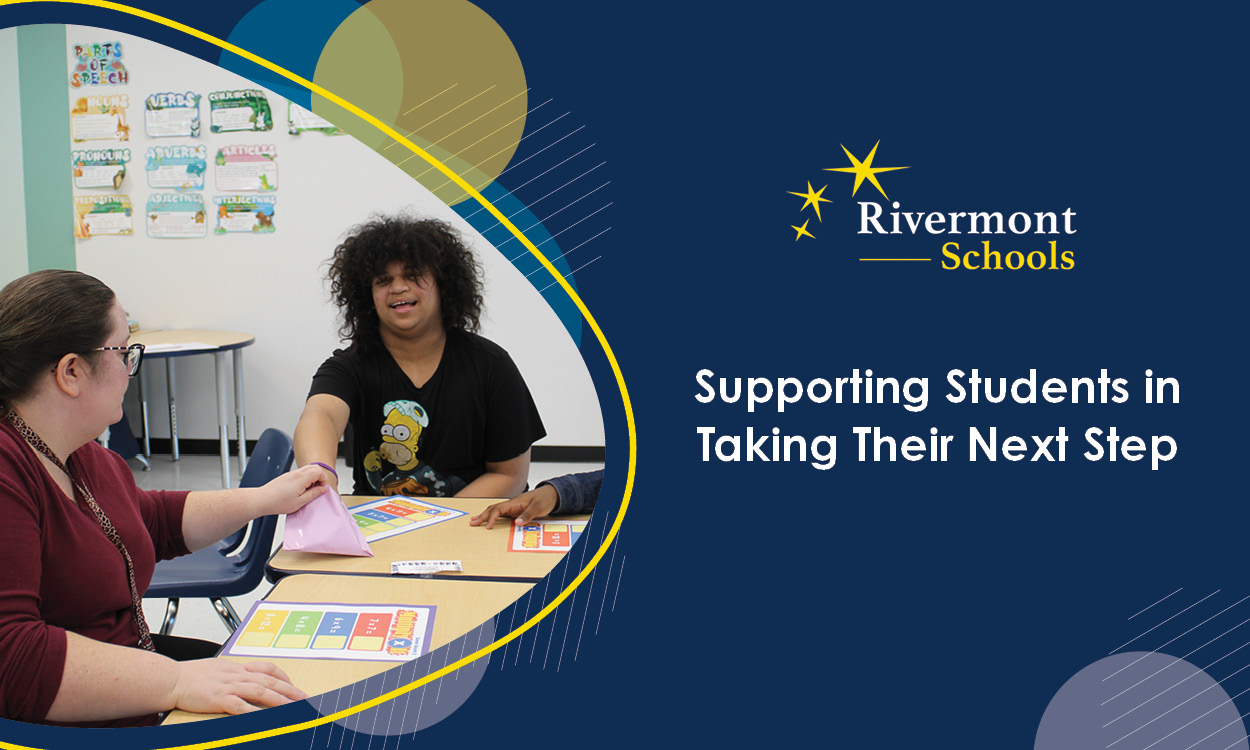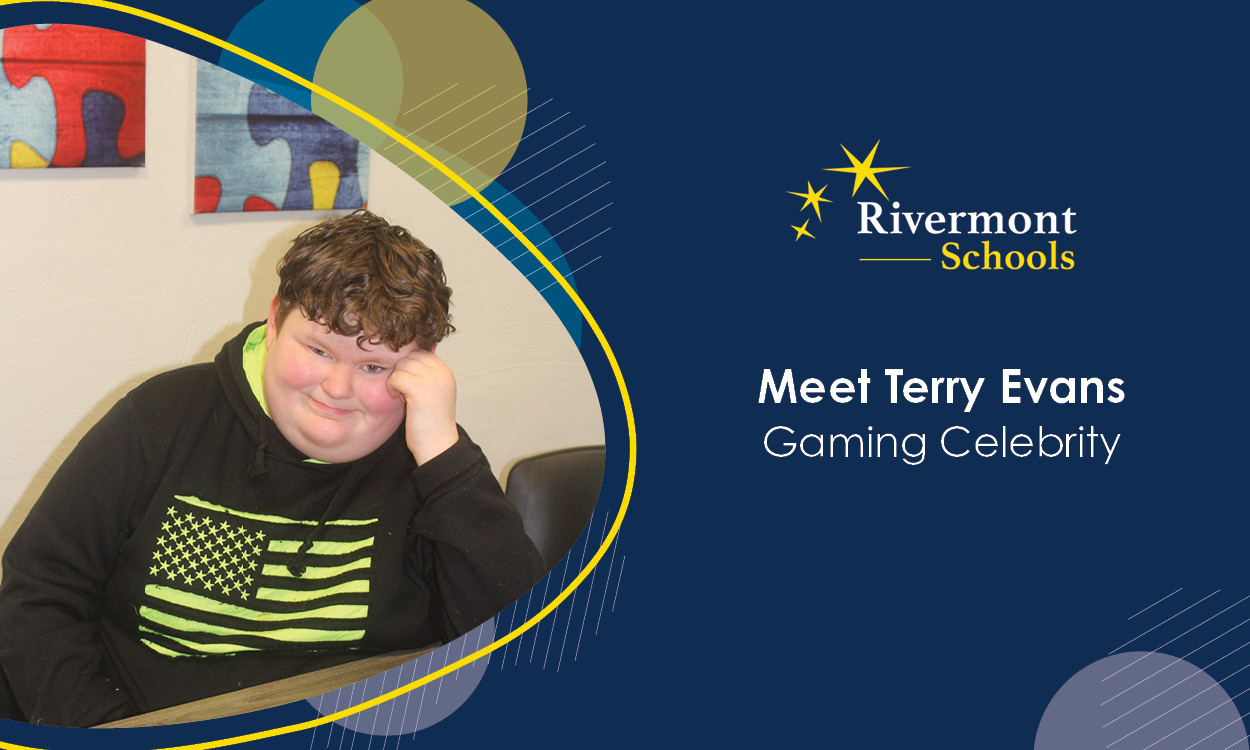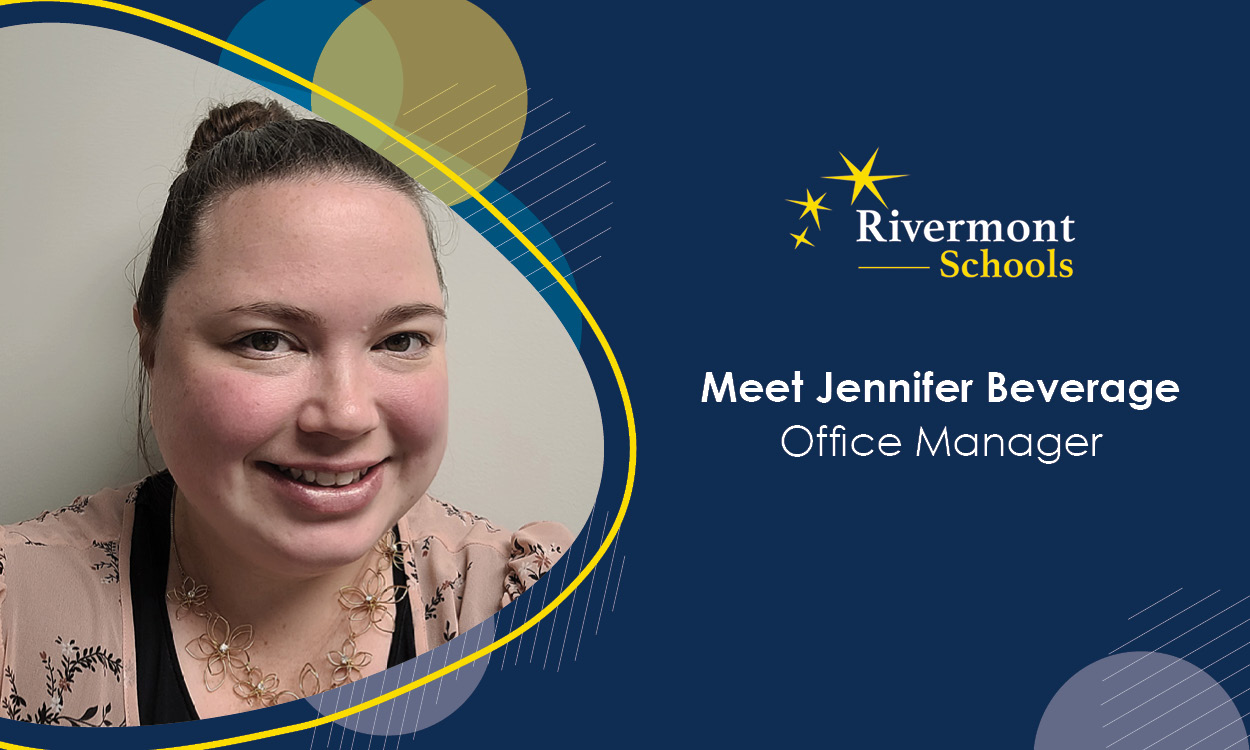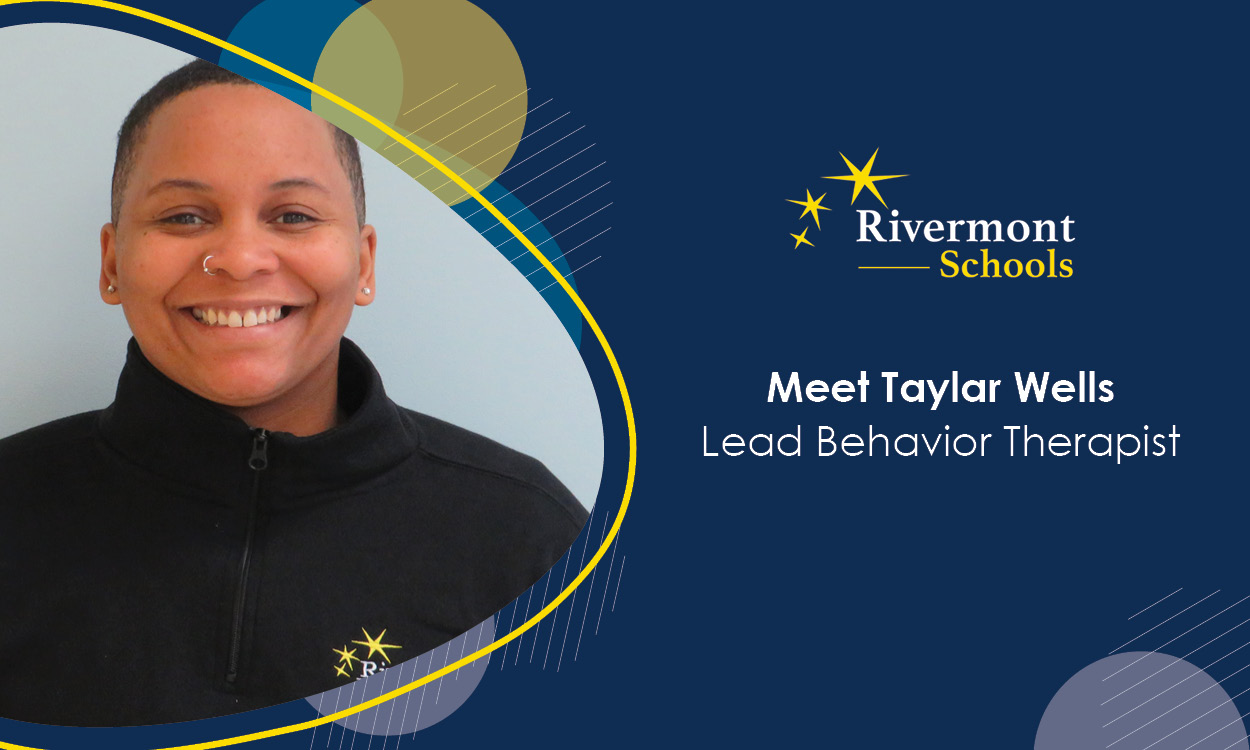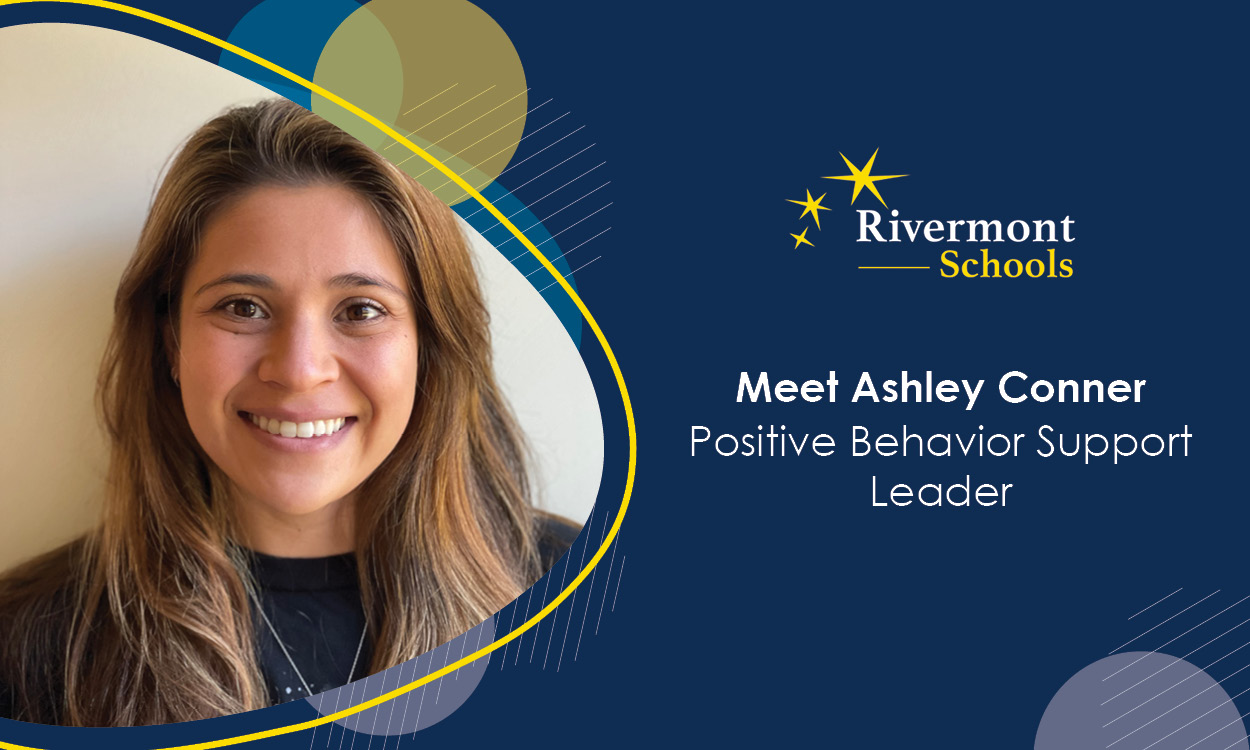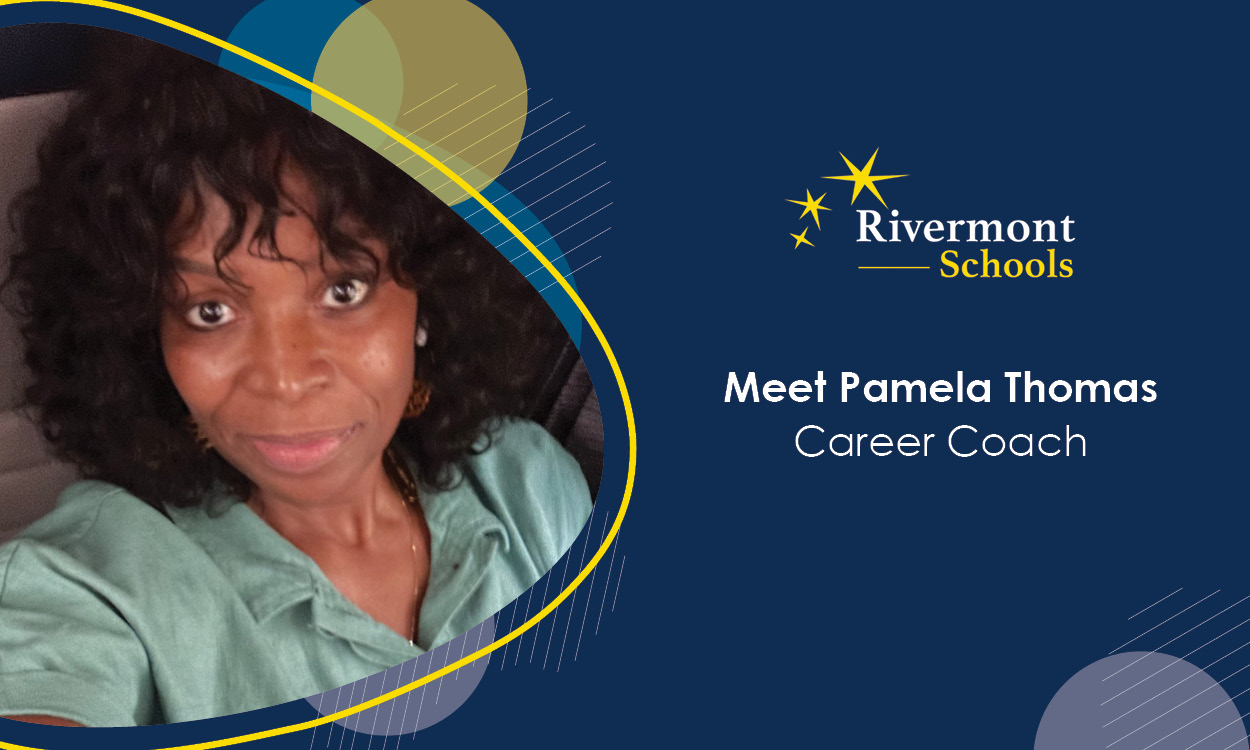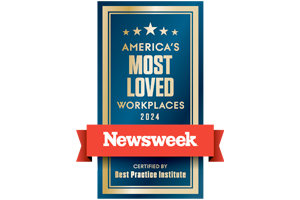Meet Rachel Denney: An Award-Winning Educational Leader
Posted: May 03, 2024 | Written By: Sharmin Hossain | Category:

Rachel Denney, Assistant Principal at Rivermont Roanoke Southeast, embarked on a transformative journey from being a general education teacher to a passionate advocate for special education at Rivermont Schools. Her innovative research on using graphic novels to enhance reading comprehension for students with autism has earned her two prestigious awards and insight into revolutionizing educational practices. Her research will be published in June.
What has your journey been like being at Rivermont Schools?
It's been exciting! Before I was at Rivermont Schools, I was a regular general education teacher, and I did not have any experience with one-on-one teaching in Special Education. So, when I started at Rivermont Schools, I began as a co-teacher. From the beginning, I fell in love with the kids. I had such a good time this summer getting to know them, getting to know what we do, and what the school day looks like for them. And then in the fall, I had my own middle school classroom, my favorite group of kids to teach. We made huge progress and were working hard. I saw some awesome academic leaps from some kids that had been here previously, but I was really trying to challenge them and get the most from them and they really stepped up to the plate. Since February when I’ve been accepted to become Assistant Principal, we've been working hard to support our school and set the bar high so that all our students are successful.
What does a “day in the life” look like for your role?
It was interesting as a classroom teacher, especially with years of experience, to have that daily regimented schedule change when I became assistant principal. I love just checking on my staff and my teachers, so every day I try to go visit classrooms. I'm happy to step in and help, especially because I really want to build positive relationships with my students, so I'm really trying to make sure that we're talking through feelings and positive behavior interventions.
After taking point as Assistant Principal, I manage student files, attend IEP meetings, and give support where it's needed.
Can you talk a little bit about your career trajectory and what led you to where you are now?
It's an interesting story because when I started teaching, I never considered teaching special education because my sister has cerebral palsy. I grew up living with a sibling with special needs and my mom taught special education. I always thought I would never do that. But, as I got into teaching, I had an opportunity to take a program of study under a grant for special education for free. Because I gave the grant a try, my career completely changed. I ended up at the Council for Exceptional Children Conference last March where I found New Story Schools. They had a table set up there, and I was frustrated with public education because of the challenges we faced. New Story Schools reached out to me, and I was excited. I moved from Tennessee to Roanoke, Virginia, for this position and I fell in love with it. It was exactly the change that I needed. I'm excited about all the opportunities I see in my school to support my staff and improve our students' education.
What is your research about and what inspired you to pursue this topic?
I taught English Language Arts (ELA) for years in Tennessee before I moved to Virginia. So, I was always passionate about finding literature that would make students excited because I know as an English teacher, students would walk into my classroom and dread it. And I didn't want them to dread English because reading skills are so important. I had done readings for my graduate classes and saw that there was a slump in reading success as students transition from 4th and 5th grade into middle school because that's where literacy standards change. I had this idea to use graphic novels because I think that right now, the graphic novel industry is really booming with new levels and types of graphic novels. I wanted to use it as an opportunity to help students with autism because they sometimes don't pick up on social cues but seeing it in a book could provide them with visual cues to see and understand characters’ emotions. Graphic novels still allow students that rigor and reading level that is going to support them, but also teach them about social awareness and emotions through the illustrations.
What were some of the key findings or insights from your research?
My findings showed that using graphic novels and a system of least prompts, which is an evidence-based practice that we use in special education, that using those two things together supported increased reading comprehension for our students.
Could you share any challenges you encountered during your research process, and how you overcame them?
A big challenge was getting the approval from the Institutional Review Board (IRB) because we wanted to make sure that we were following the safe expectations and standards for human subject research. Then, I had the Hawthorne Effect occur where students know they're being assessed, so they tend to perform better. So, when I started collecting data from my research, I had some data that was not going to work because I had some students that were scoring off the charts, which was so weird because these are students that I picked who I didn't expect that data out of them. The writing process was tough because I'm not a writer. I found academic writing challenging and it took some hard weekends of hard work. I told my husband at least three times I was ready to quit, but thankfully he talked me through it and I just I kept on pushing and thankfully it all paid off.
Can you tell me about the two external awards you won for your research?
I received the outstanding thesis award at East Tennessee State University (ETSU). I was nominated out of the entire Education Department. Then, I received an additional award for research within the special education field. Out of all the special education scholars that wrote theses or did research this year at ETSU, I was a graduate student selected for the outstanding research in the special education field. I think I earned this award because my research is the first of its kind in literature. There are no other research out there about graphic novels for reading comprehension for students with autism.
What impact do you hope your research will have on educational practices and curriculum development?
I know there's a lot of concern right now about books being read and what books we have in the classrooms. I just hope that my research will contribute positively to literature in the classrooms. Graphic novels are an excellent resource for all students, but especially students who have autism who might need a little more support. And I hope it can help teachers feel better about looking for alternate options for their students. I think sometimes teachers get stuck in the expectation that we must do things a certain way and this kind of shows that we can do things a little bit differently and it's going to make a tremendous, positive impact.



